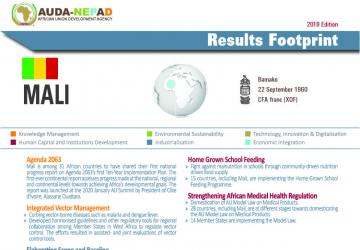 Mali
Mali
Official Name: Republic of Mali
Capital: Bamako
Independence Day: 22 September 1960
Currency: CFA franc (XOF)
Key Result
11,642 women benefitted from seven projects implemented in Mali by the NEPAD Spanish Fund for the Empowerment of African Women.
Mali is among the first 12 countries to have domesticated an adapted version of the African Union Model on Medical Products.
Mali benefited from 6.0Million EUR funding secured from the EU to support capacity development, research and innovation in water and sanitation in the Southern and West Africa regions through the NEPAD African Networks of Water Centres of Excellence.
The Abidjan-Ouagadougou/Bamako project aims to modernise and rehabilitate the multimodal corridor.
The Modernisation of Dakar-Bamako Rail Line project is expected to improve connectivity and intra-African trade between Dakar (Senegal) and Bamako (Mali), and other countries, promote regional integration, and help to engender new economic spin-offs/opportunities through rail spurs.
A strategy was developed for post-harvest fish losses in Mali as part of the riparian states along the Volta Basin. This was in alignment with the Malabo Declaration and the Policy Framework and Reform Strategy for Fisheries and Aquaculture.
Mali raised the profile of malnutrition in Africa and demonstrated it’s far reaching consequences to social and economic development among other 15 countries with lessons shared across the continent.
The Sahel and West Africa Program (SAWAP) supported Mali with funding for the Natural Resources Management investment project, to the tune of $ 21.42M. In the long term, implementation of this project will boost infrastructure, economic productivity and climate resilience in Mali.
Related
Projects
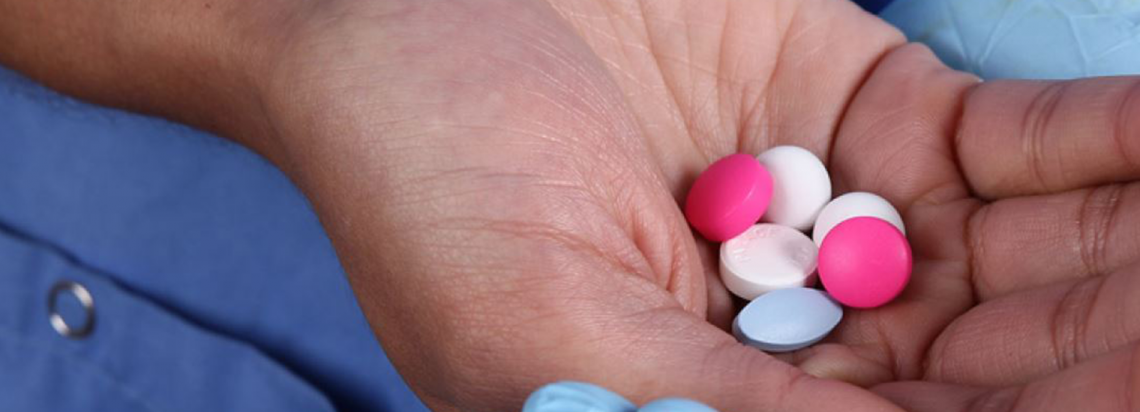
A critical AU Model Law aimed at harmonizing medical products regulatory systems in Africa was endorsed by African Heads of State and Government at the January 2016 AU Summit in Addis Ababa, Ethiopia. The AU Model Law will contribute towards accelerate the regulation of safe, quality and affordable medical products and technologies in Mali.
The West Africa Medicines Regulatory Harmonization (MRH) programme was launched in 2015 in Accra, Ghana. Mali participated in the establishment of the joint MRH Project Steering Committee and formation of 7 Technical Working Groups (TWG’s). The TWG’s are tasked with developing technical guidelines of the MRH programme. In addition, a joint framework of collaboration between WAHO and WAEMU has been agreed upon.

Implemented Home Grown School Feeding Programme – with focus on agriculture development, education, health and nutrition
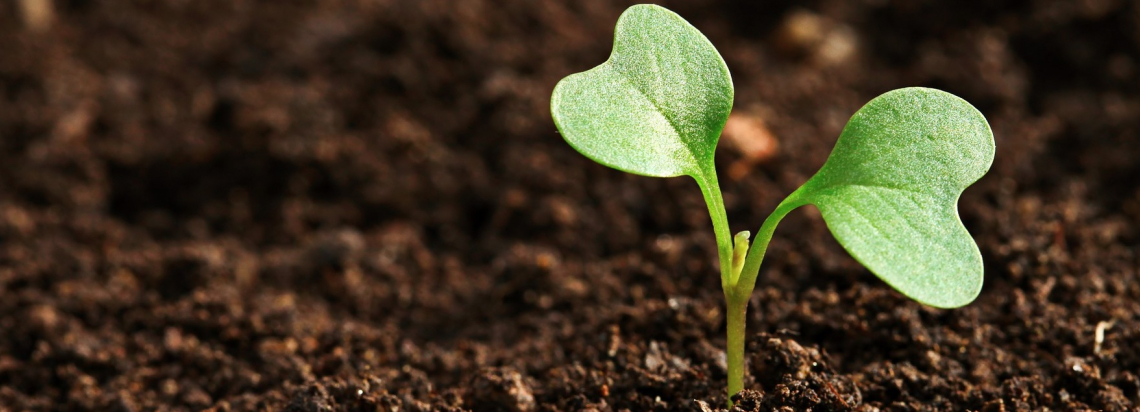
CAADP Compact: Mali signed the CAADP Compact in on 12 - 13 October 2009.
African Fisheries: A strategy was developed for post-harvest fish losses in Mali as part of the riparian states along the Volta Basin, aligned with the Malabo Declaration and the Policy Framework and Reform Strategy for Fisheries and Aquaculture.
Capacity Building: From 19 - 25 September 2010, NEPAD supported Mali in conducting an Independent Technical Review (ITR). The ITR is an AUC-NEPAD organised technical peer review process through which National Agriculture and Food Security Investment Plans are examined and discussed in the context of the principles and values of the CAADP agenda. This is along with the NEPAD-CAADP principle to strengthen the quality of both investment plans and programmes as well as the countries’ planning and implementation arrangements and systems.
Business: On 4 - 5 November 2010, the NEPAD Agency facilitated Mauritania’s first Business Meeting .
Funding: The country received funding from the Global Agriculture and Food Security Programme (GAFSP), a multilateral mechanism by the G20 to address funding of country and regional agriculture, amounting to USD 37.21 million. The funding covers three primary components, namely (i) investment in water control to raise productivity and reduce climatic risks to farmers; (ii) increased income in key agricultural sectors by improving farm productivity and adopting a value chain approach; and (iii) capacity building for local authorities and farmer organisations.

Project : TAH programme
Description : This is phase I of the continental connectivity programme that focuses on completion and standardisation of the TAH missing links by 2030
Project : Single African Sky phase 1 (design and initial implementation)
Description : Single African Sky is a continental programme that will create a high-level, satellite-based air navigation system for the African continent
Project : Yamoussoukro Decision implementation
Description : Accelerate Yamoussoukro Decision implementation by identifying countries that are ready to fully implement it, and discussing and agreeing with both their governments and airlines to launch the voluntary club on a full membership basis;
Project : ICT Enabling Environment
Description : This programme would improve the environment for the private sectors to invest in high-speed broadband infrastructure
Project : ICT Terrestrial for Connectivity
Description : This programme has two main components : secure each country connection by at least two broadband infrastructure and ensure the access to submarine cable to all landlocked countries
Project : Internet Exchange Point (IXP) programme
Description : The aim of this programme is to provide Africa with adequate internet node exchange to maximise internal traffic
Project : Dakar-Niamey Multimodal Corridor
Description : This programme is designed to modernise the most heavily travelled ARTIN corridor in West Africa (trade facilitation, OSBPs, capacity enhancement and implementation of PPP)
Project : Abidjan-Ouagadougou/Bamako (DFS)
Description : This programme would modernise and rehabilitate the multimodal corridor that suffered during civil war in Côte d’Ivoire
Project : Lullemeden Aquifer System
Description : Prefeasibility studies for improved use of the aquifer system
Project : Modernisation of Dakar-Bamako Rail Line (DFS)
Description : This project is expected to improve connectivity and intra-African trade between Dakar
(Senegal) and Bamako (Mali), and other countries, promote regional integration, and helped to engender new economic spin-offs/opportunities through rail spurs.

Technical capacities were strengthened to establish and manage functional biosafety systems for the safe use of modern agricultural biotechnology. Other technical support included national biosafety training workshops, biosafety short courses at African institutions and partner institutions outside Africa, notably at Michigan State University in the USA, biosafety internships, technical consultation support, and biosafety information resources.
Results:
•At least 74 435 women directly empowered economic and financial terms: Income generation skills; Deployment of technical assistance to boost agriculture production for both consumption and commercial purposes; Accessing agricultural extension services; Promotion of gender inclusiveness in decision making; Creation of enabling environment to access land; Land tenure and legalization of land title for women; Youth job creation; SME management; Informal and Fostered Regional Integration through creation of cross border market. 175 Cooperative established and support both technically and financially. 15 Microcredit Scheme created to support women empowerment. 20 483 National African Women in Business Network established and strengthened
•25 438 women support through institutional based capacity building.
Results:
•At least 74 435 women directly empowered economic and financial terms: Income generation skills; Deployment of technical assistance to boost agriculture production for both consumption and commercial purposes; Accessing agricultural extension services; Promotion of gender inclusiveness in decision making; Creation of enabling environment to access land; Land tenure and legalization of land title for women; Youth job creation; SME management; Informal and Fostered Regional Integration through creation of cross border market. 175 Cooperative established and support both technically and financially. 15 Microcredit Scheme created to support women empowerment. 20 483 National African Women in Business Network established and strengthened
•25 438 women support through institutional based capacity building.
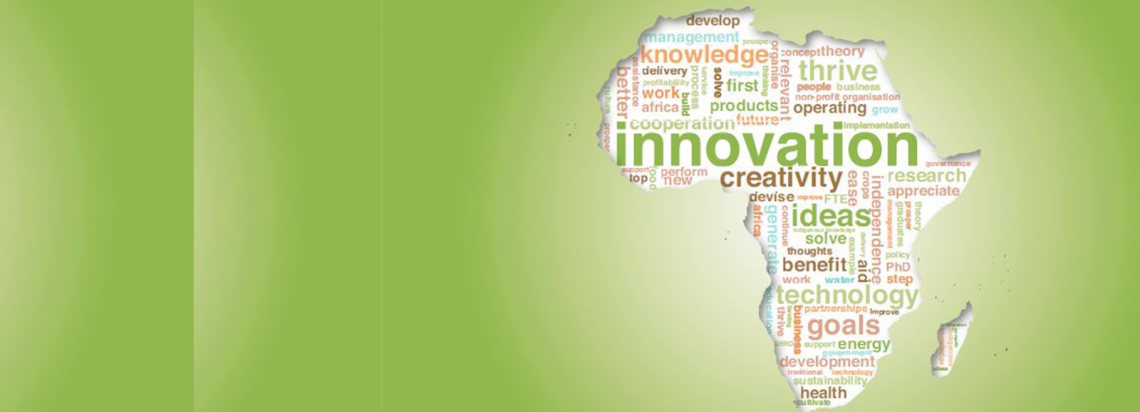
ASTI has captured comprehensive information on STI and consequently built in-country capacity to collect, analyse & publish data and information on research & development (R&D) and Innovation

Results (2013 – 2015)
Advocacy and Strengthening of Negotiation Capacities on Post-2015 Development Agenda through the Common African Position (CAP):
• The multi-stakeholder framework of engagement specifically enhanced dialogue towards ensuring the required mass to influence the Post-2015 Global Agenda and Development Goals relevant to the Continent;
• This intervention helped strengthen country and regional level negotiating capacities for the effective incorporation and articulation of Africa’s priorities as enshrined in CAP in the final Global SDGs;
• The project enabled the participation of African stakeholders at the Means of Implementation Engagement, 3rd Financing for Development Conference and the UN General Assembly that adopted the new SDGs. This ensured the incorporation of Africa’s development priorities into the new goals through developing essential negotiation capacities;
• Through the CAP/SDGs space on the Africa Platform for Development Effectiveness (APDev), knowledge products and negotiation documents, as well as, policy briefs where successfully disseminated to the African negotiators in New York and kept the continent’s stakeholders informed of the overall process;
• Development and dissemination of post-2015 Policy Briefs on “Financing and Partnerships” and “Structural Economic Transformation and Inclusive Growth”. These are priorities outlined in the CAP and the policy briefs where utilized in the negotiation process for the African continent.
Global Partnership for Effective Development Cooperation (GPEDC):
• Africa secured the hosting of the 2nd High Level Meeting (HLM) of the Global Partnership. This was attained through robust negotiation and facilitating a common voice from Africa with regards to this critical engagement by the NEPAD Agency. The 2nd HLM will be held in Nairobi Kenya;
• The NEPAD Agency advocated for the full inclusion and participation of Africa’s Regional Economic Communities (RECs) in conducting the 2nd GP Monitoring Exercise. This was a fundamental achievement considering the RECs are the continent’s building blocks with regards to socio-economic transformation;
• The Africa Action Plan on Development Effectiveness (AAP) was granted the status of an official Global Partnership Initiative (GPI) at the Planning Meeting in Brussels. The AAP was developed by the NEPAD Agency in consultation with African multi stakeholders. This has enabled the Agency to successfully mobilize resources towards the implementation of the AAP.
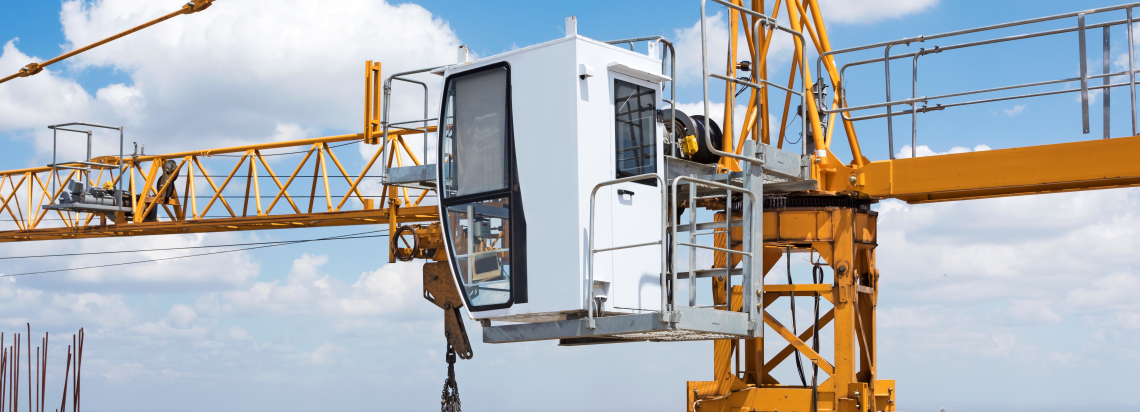
Project : Missing Links on the Trans-Sahara Highway
Description : Construction of 225 km of road between Assamakka and Arlit, Niger
Project : Dakar-Ndjamena-Djbouti Road/Rail Project
Description : An 8 715 km road/rail project which entails combining TAH 5 (Dakar to N’djamena) and TAH 6 (N’djamena to Djibouti)
Estimated total cost : USD2.21 billion for the road link and USD5.95 for the rail section
Description : The use of political gravitas and goodwill to unblock and facilitate political bottlenecks affecting the implementation of ICT broadband and optic fibre projects on the continent

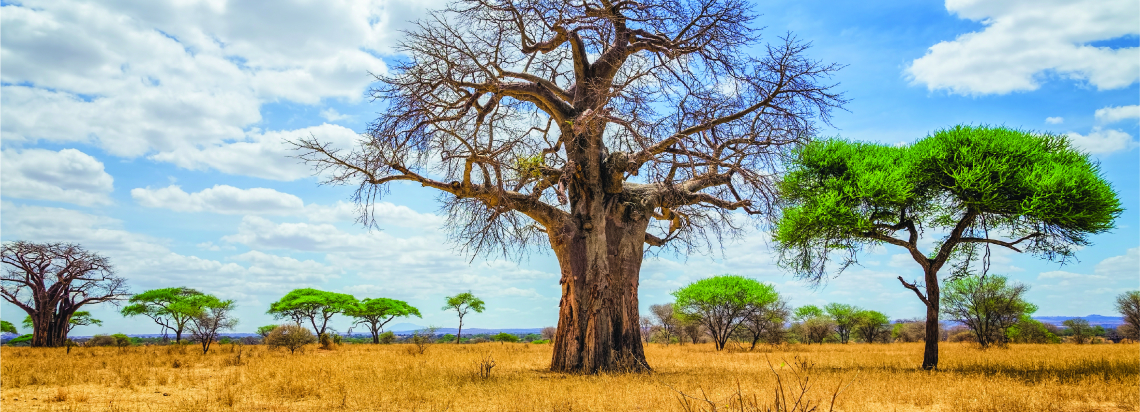
- SLM Knowledge Base: Through the support of the TerrAfrica Leveraging Fund (TLF), TerrAfrica’s Regional SLM Knowledge Base has been generated and disseminated. It contains tools, documents, and practical information to assist in SLWM upscaling at national, regional and continental level. Mali is in the process of creating a country specific information system.
- Through the support of the TerrAfrica Leveraging Fund (TLF), Mali was able integrate SLWM into the national environmental and agricultural frameworks through the development of SLM Country Strategic Investment Frameworks (CSIF). Mali has completed its analyses on the costs and benefits of SLM options in Mali.
- As a result of the development of a CSIF, Mali has been able to align stakeholders and resources towards the implementation of its strategic investment project which prioritises Natural Resources Management to promote adaptive livelihoods diversification in targeted communes.
- The Sahel and West Africa Program (SAWAP) supported Mali with funding for the Natural Resources Management investment project, to the tune of $ 21.42M. In the long term, implementation of this project will boost infrastructure, economic productivity and climate resilience in Mali.

At the beginning of 2014, 37 of the 42 opted-in African countries have completed a rapid assessment / gap analysis. The next step for countries is to develop a SE4LL Action Agenda and Investment Prospectus(es). To support this process, the SE4ALL Africa Hub partners have led the development of Africa Guidelines for SE4ALL national Action Agendas. The Africa Guidelines lay out principles and process for developing Action Agendas and put forward a balanced approach of centralized and decentralized solutions to achieve universal access to energy services.
Progress in Mali:
SE4All Action Agenda is under development"
you agree to the AUDA-NEPAD Privacy Policy.



